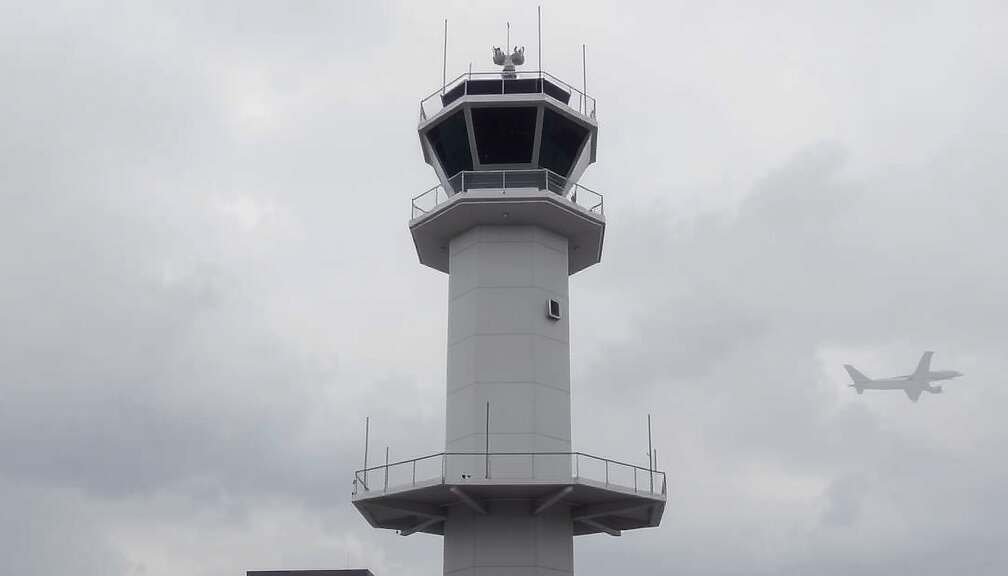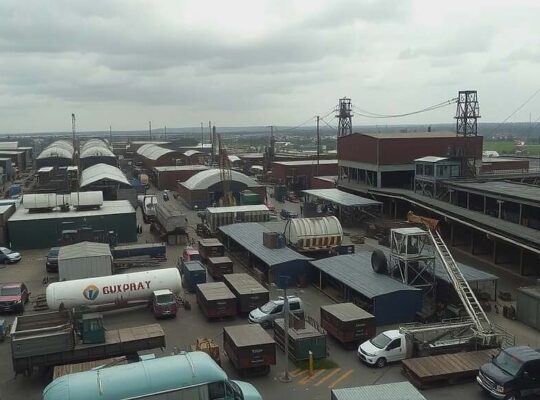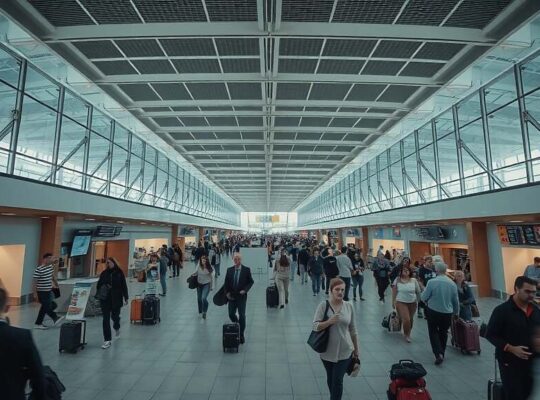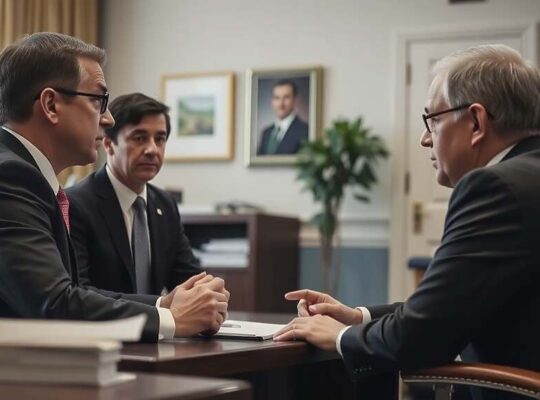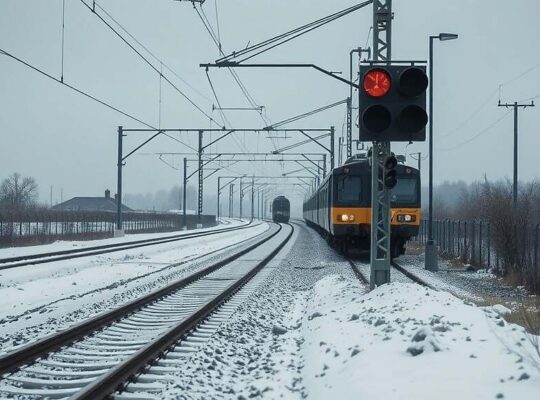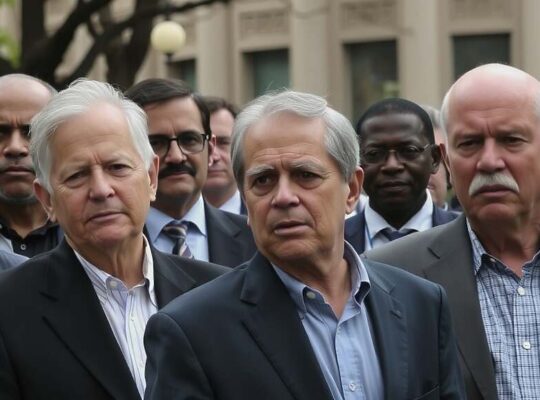German airlines are urgently calling for a robust and decisive governmental response to the escalating threat of drone interference around airports, a situation characterized by increasing frequency and potential for severe disruption. Peter Gerber, President of the German Aviation Association (BDF), voiced the demands in an interview with Funke-Mediengruppe, highlighting the need for a rapid and legally defined framework enabling authorities to neutralize drone threats.
The BDF’s call is underpinned by a series of recent incidents that have crippled air travel. Last Friday, Munich Airport experienced hours of paralysis due to drone activity, forcing numerous flight cancellations and leaving thousands of passengers stranded. Simultaneously, a drone was spotted near a Bundeswehr (German Armed Forces) facility adjacent to the airport, raising concerns about potential security vulnerabilities. The Berlin Brandenburg Airport (BER) has suffered six disruptions this year alone, most recently in September and similar sightings have been reported across major aviation hubs including Frankfurt, Cologne/Bonn and Düsseldorf.
Gerber stressed that drone detection and countermeasures represent a core responsibility of national security and counter-terrorism efforts, necessitating state-funded solutions. He advocates for the Federal Police to be granted the authority – and the legal mandate – to actively intercept and, when necessary, shoot down drones posing a threat to air traffic, with the Bundeswehr assuming comparable responsibilities at military airports. While acknowledging the sensitivity of decisions regarding flight suspensions, Gerber emphasized the imperative of decisive action to prevent potential harm, estimating that even a single hour of disruption can result in a million-euro loss.
Beyond immediate response capabilities, the BDF President called for legislative reforms concerning existing no-fly zones. He proposed mandatory programming within commercially available drones forcing them to descend automatically when entering restricted airspace, alongside a comprehensive registry and liability system for drone purchasers. This system aims to address the current ambiguity of responsibility and limit the potential for misuse, highlighting the growing tension between technological innovation and public safety within Germany’s vital aviation infrastructure. The escalating situation underscores a critical debate concerning the balance between individual freedom in drone use and the security of the nation’s air transport system.


